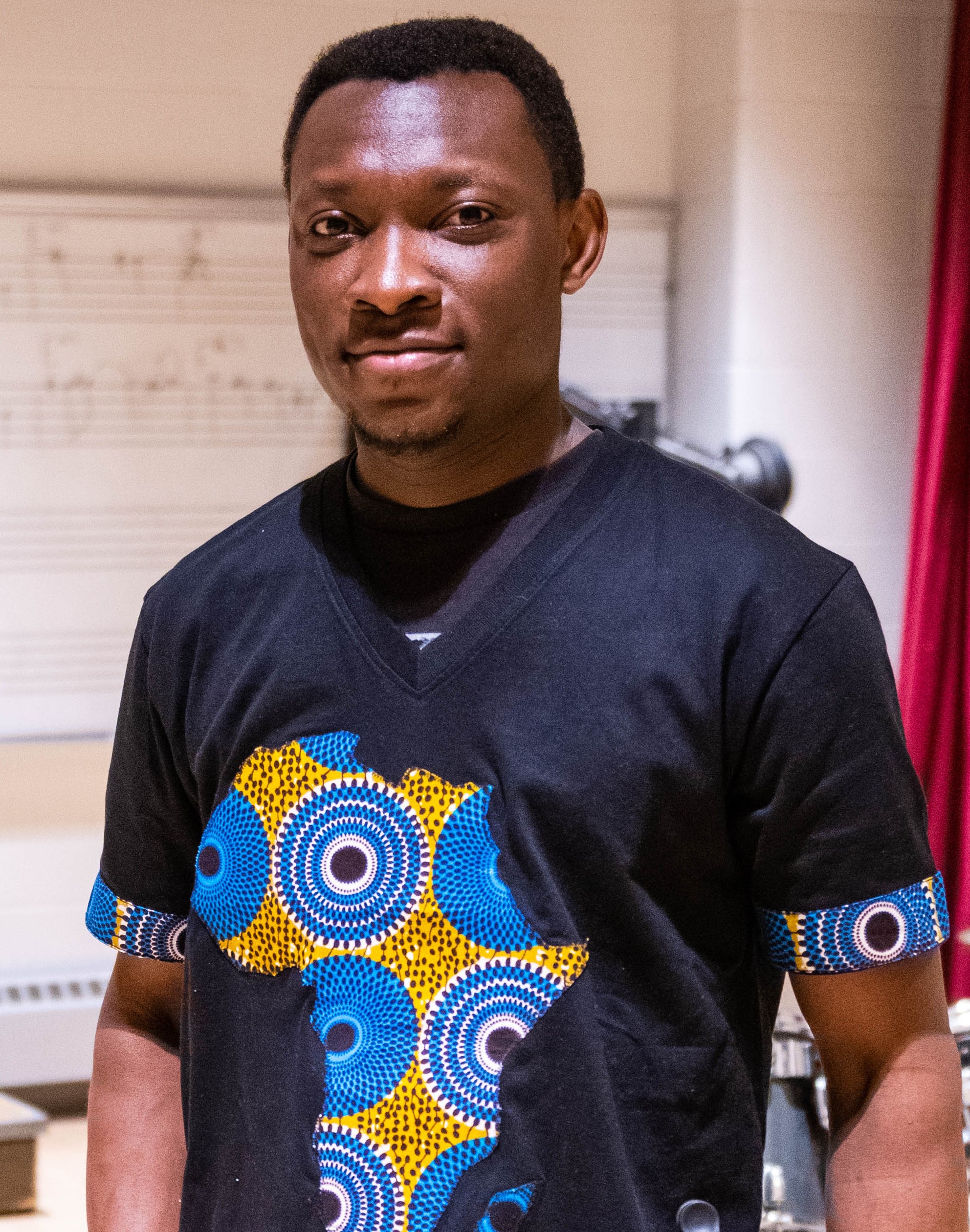Adam Wellstead (SS) and Paul Cairney (Stirling University) published “COVID-19: effective policymaking depends on trust in experts, politicians, and the public” in Policy Design and Practice.
Angela Gutierrez, a forth year Social Sciences major, was featured in UpMatters story titled “Celebrating Hispanic Heritage Month: First-generational Michigan Technological University students share their experience”.
New paper from Tara Bal (CFRES), Mark Rouleau (SS), Terry Sharik (CFRES), & Adam Wellstead (SS) published — “Enrollment decision-making by students in forestry and related natural resource degree programmes globally” .
 Congratulations to Shan Zhou, Assistant Professor – Environmental and Energy Policy, for receiving a Ralph E. Powe Junior Faculty Enhancement Award from ORAU (with matching funds from the Vice President for Research office at Michigan Tech) for her proposal titled, ” Incorporating LEED into local green building policies: the blurred boundary between voluntarism and regulation”.
Congratulations to Shan Zhou, Assistant Professor – Environmental and Energy Policy, for receiving a Ralph E. Powe Junior Faculty Enhancement Award from ORAU (with matching funds from the Vice President for Research office at Michigan Tech) for her proposal titled, ” Incorporating LEED into local green building policies: the blurred boundary between voluntarism and regulation”.
ORAU is managed by a consortium of research universities and provides scientific and technical guidance to the Department of Energy and other agencies. Read more here…
Sun Nguyen, Adam Wellstead, Nancy Langston and Micheal Howlett recently published, “Mining the evidence: Public comments and evidence-based policymaking in the controversial Minnesota PolyMet mining project”.
 The Energy News Network’s 40 Under 40 awards program highlights emerging leaders and their work in the United States’ transition to a clean energy economy. Read More…
The Energy News Network’s 40 Under 40 awards program highlights emerging leaders and their work in the United States’ transition to a clean energy economy. Read More…
 Don Lafreniere (SS/GLRC) along with colleagues Dayne Walling (U Minnesota) and Rick Sadler (Michigan State) presented a paper entitled “Rust Belt Cities as Exemplars for Urban Development Practice in a Low-Growth Future” at the International Seminar on Urban Form.
Don Lafreniere (SS/GLRC) along with colleagues Dayne Walling (U Minnesota) and Rick Sadler (Michigan State) presented a paper entitled “Rust Belt Cities as Exemplars for Urban Development Practice in a Low-Growth Future” at the International Seminar on Urban Form.
The paper outlines how slow- or no-growth communities in the American Rust Belt have responded to the socio-spatial processes shaping land use, development, and revitalization despite a long history of racial segregation and political fragmentation. The paper highlights the importance of community groups and civic networks in responding to these challenges in depopulating urban regions.
 Marie Richards (PhD student, IHA) has been awarded one of eleven Tribal Food Systems Graduate Fellowships from the Intertribal Agricultural Council and the Inter-Institutional Network for Food, Agriculture and Sustainability. This competitive program provides direct financial support and mentorship for graduate research during the 2020/21 academic year, including mentorship from outside MTU, monthly cohort sessions, and dissemination of project results. The experience and networks fellows will gain through participating in this inaugural Indian Country food systems cohort will expand their network and exposure to scholars multifold. IAC is the nation’s largest and longest standing Native American agriculture and natural resources organization. IAC’s efforts over the past 30 years have supported programming and policy work impacting hundreds of Tribal communities and thousands of individual Tribal producers across the country. INFAS is a national network of food systems academics and institutions. This cohort consists of members from rural communities in South Dakota, to urban populations in California; from the islands of Hawaii, to the vast landscapes of Alaska. This inaugural fellowship year is guaranteed to impact food and agriculture scholarship nationally and beyond!
Marie Richards (PhD student, IHA) has been awarded one of eleven Tribal Food Systems Graduate Fellowships from the Intertribal Agricultural Council and the Inter-Institutional Network for Food, Agriculture and Sustainability. This competitive program provides direct financial support and mentorship for graduate research during the 2020/21 academic year, including mentorship from outside MTU, monthly cohort sessions, and dissemination of project results. The experience and networks fellows will gain through participating in this inaugural Indian Country food systems cohort will expand their network and exposure to scholars multifold. IAC is the nation’s largest and longest standing Native American agriculture and natural resources organization. IAC’s efforts over the past 30 years have supported programming and policy work impacting hundreds of Tribal communities and thousands of individual Tribal producers across the country. INFAS is a national network of food systems academics and institutions. This cohort consists of members from rural communities in South Dakota, to urban populations in California; from the islands of Hawaii, to the vast landscapes of Alaska. This inaugural fellowship year is guaranteed to impact food and agriculture scholarship nationally and beyond!
 Alexis Pascaris, Environmental and Energy Policy MS student, and and Joshua Pearce recently published U.S. Greenhouse Gas Emission Bottlenecks: Prioritization of Targets for Climate Liability in the journal Energies.
Alexis Pascaris, Environmental and Energy Policy MS student, and and Joshua Pearce recently published U.S. Greenhouse Gas Emission Bottlenecks: Prioritization of Targets for Climate Liability in the journal Energies.
 Adam Welstead recently published Policy Innovation Labs in Farazmand A. (eds) Global Encyclopedia of Public Administration, Public Policy, and Governance. Springer, Cham.
Adam Welstead recently published Policy Innovation Labs in Farazmand A. (eds) Global Encyclopedia of Public Administration, Public Policy, and Governance. Springer, Cham.